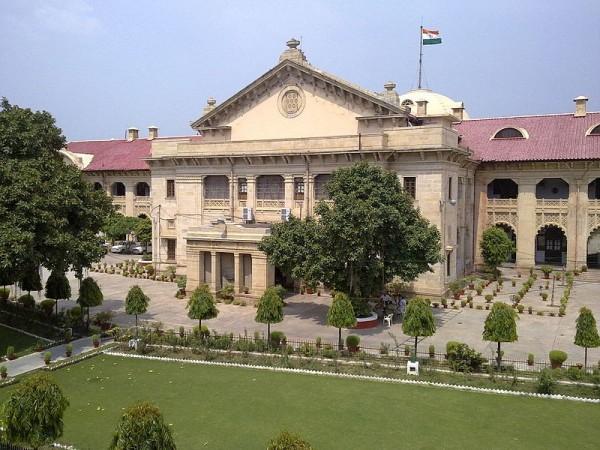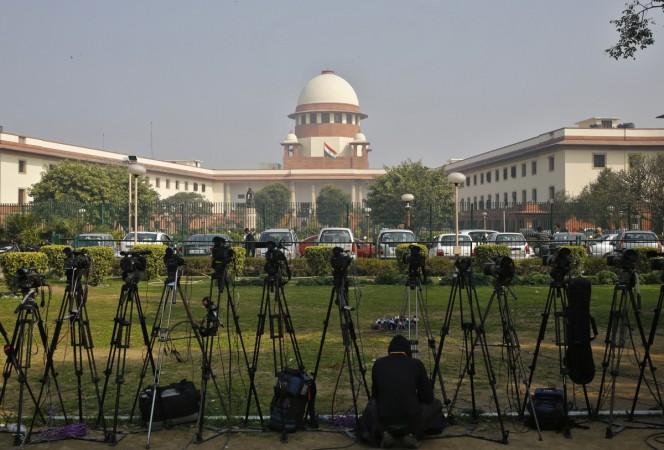
After all the drama in Bollywood over nepotism, it seems like the Allahabad High Court is also a victim. The Centre on Wednesday, Aug 1, provided clear proof on the relationship between retired and sitting judged and recommendations for India's largest high court.
The government sent a list to the Supreme Court of the 33 advocates for the judgeship, which was created by the Allahabad HC Collegium in February. Of the 33 proposals, 11 are said to have links with sitting or retired judges of the HC or apex courts.
Apart from the list, the Centre has also sent its own findings on the proposed individuals, after a rigorous evaluation of all cases, including reputation in the legal fraternity and personal and professional competence.
The Centre has asked the top court to disregard all those with links to other judges, so as to create a level playing field for all the advocates seeking to elevate their position.
While not the first time, it is very rare for the government to be directly involved in the judicial selection process. In 2016, the government moved the then-Chief Justice TS Thakur to reject 11 candidates and recommend only 19 for the Allahabad HC collegium. Of the 30 names considered in 2016, a vast majority had links to judges and politicians.
The list came to light in March, when a Times of India report found that of the recommendations for the Allahabad HC, several had close links with current and former judges. While the report did not reveal any names, it said that one of the names was that of a brother-in-law of a sitting SC judge, while another was a first cousin of an SC judge, and there were a few cases of sons and nephews of former judges being proposed as well.

In April, a case of nepotism was taken to the Prime Minister's Office (PMO) and the Union Law Ministry after multiple complaints were filed by the Allahabad High Court bar association.
Apart from nepotism, the list also failed to contain any names from an SC/ST, OBC or other minority communities, rather around half the list had candidates from a single community. This is a recurring issue for the Allahabad HC, since the three lists from 2015 onwards, with 83 recommendations have all failed to provide names from minority communities.

















